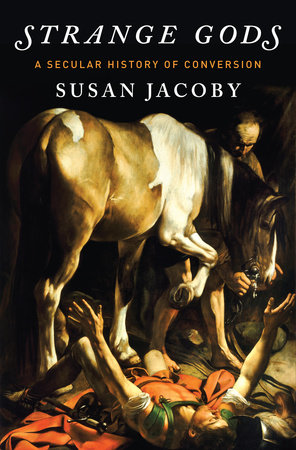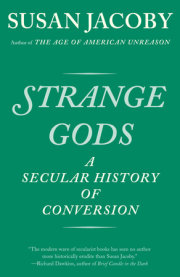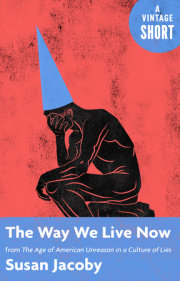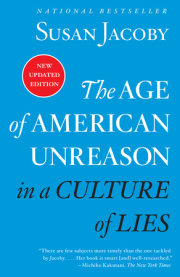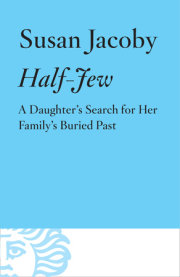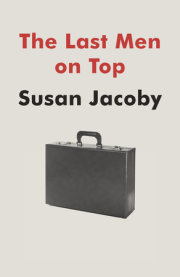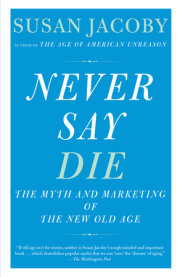1AUGUSTINE OF HIPPO (354–430) Beware lest any man spoil you through philosophy and vain deceit, after the tradition of men, after the rudiments of the world, and not after Christ. —Paul, Colossians 2:8 AUGUSTINE, a teenager studying in Carthage in the 370s, begins to ponder what he will one day consider the inevitable shortcomings of human philosophy ungrounded in the word of God. This process begins, as Augustine will later recount in his
Confessions, when he reads Cicero’s
Hortensius, written around 45 b.c.e. The young scholar, unacquainted with either Jewish or Christian Scripture, takes away the (surely unintended) lesson from the pagan Cicero that only faith—a faith that places the supernatural above the natural—can satisfy the longing for wisdom.
“But, O Light of my heart,” Augustine wrote to his god in
Confessions (c. 397)
, “you know that at that time, although Paul’s words were not known to me, the only thing that pleased me in Cicero’s book was his advice not simply to admire one or another of the schools of philosophy, but to love wisdom itself, whatever it might be. . . . These were the words which excited me and set me burning with fire, and the only check to this blaze of enthusiasm was that they made no mention of the name of Christ.”
The only check? To me, this passage from
Confessions has always sounded like the many rewritings of personal history intended to conform the past to the author’s current beliefs and status in life—which in Augustine’s case meant being an influential bishop of an ascendant church that would tolerate no dissent grounded in other religious or secular philosophies. By the time he writes
Confessions, Augustine seems a trifle embarrassed about having been so impressed, as a young man, by a pagan writer. So he finds a way to absolve himself of the sin of attraction to small-“c” catholic, often secular intellectual interests by limiting Cicero to his assigned role as one step in a fourth-century boy’s journey toward capital-“C” Catholicism. It is the adult Augustine who must reconcile his enthusiasm for Cicero with the absence of the name of Christ; there is no reason why this should have bothered the pagan adolescent Augustine at all. Nevertheless, no passage in the writings of the fathers of the church, or in any personal accounts of the intellectual and emotional process of conversion, explains more lucidly (albeit indirectly) why the triumph of Christianity inevitably begins with that other seeker on the road to Damascus. It is Paul, after all, not Jesus or the authors of the Gospels, who merits a mention in Augustine’s explanation of how his journey toward the one true faith was set in motion by a pagan.
It is impossible to consider Augustine, the second most important convert in the theological firmament of the early Christian era, without giving Paul his due. But let us leave Saul—he was still Saul then—as he awakes from a blow on his head to hear a voice from the heavens calling him to rebirth in Christ. Saul did not have any established new religion to convert
to, but Augustine was converting to a faith with financial and political influence, as well as a spiritual message for the inhabitants of a decaying empire. Augustine’s journey from paganism to Christianity was a philosophical and spiritual struggle lasting many years, but it also exemplified the many worldly, secular influences on conversion in his and every subsequent era. These include mixed marriages; political instability that creates the perception and the reality of personal insecurity; and economic conditions that provide a space for new kinds of fortunes and the possibility of financial support for new religious institutions.
Augustine told us all about his struggle, within its social context, in
Confessions—which turned out to be a best-seller for the ages. This was a new sort of book, even if it was a highly selective recounting of experience (like all memoirs) rather than a “tell-all” autobiography in the modern sense. Its enduring appeal, after a long break during the Middle Ages, lies not in its literary polish, intellectuality, or prayerfulness—though the memoir is infused with these qualities—but in its preoccupation with the individual’s relationship to and responsibility for sin and evil. As much as Augustine’s explorations constitute an individual journey—and have been received as such by generations of readers—the journey unfolds in an upwardly mobile, religiously divided family that was representative of many other people finding and shaping new ways to make a living; new forms of secular education; and new institutions of worship in a crumbling Roman civilization.
After a lengthy quest venturing into regions as wild as those of any modern religious cults, Augustine told the story of his spiritual odyssey when he was in his forties. His subsequent works, including
The City of God, are among the theological pillars of Christianity, but
Confessions is the only one of his books read widely by anyone but theologically minded intellectuals (or intellectual theologians). In the fourth and early fifth centuries, Christian intellectuals with both a pagan and a religious education, like the friends and mentors Augustine discusses in the book, provided the first audience for
Confessions. That audience would probably not have existed a century earlier, because literacy—a secular prerequisite for a serious education in both paganism and Christianity—had expanded among members of the empire’s bourgeois class by the time Augustine was born. The Christian intellectuals who became Augustine’s first audience may have been more interested than modern readers in the theological framework of the autobiography (though they, too, must have been curious about the distinguished bishop’s sex life). But
Confessions has also been read avidly, since the Renaissance, by successive generations of humanist scholars (religious and secular); Enlightenment skeptics; nineteenth-century Romantics; psychotherapists; and legions of the prurient, whether religious believers or nonbelievers. Everyone, it seems, loves the tale of a great sinner turned into a great saint.
In my view, Augustine was neither a world-class sinner nor a saint, but his drama of sin and repentance remains a real page-turner.
Copyright © 2016 by Susan Jacoby. All rights reserved. No part of this excerpt may be reproduced or reprinted without permission in writing from the publisher.

